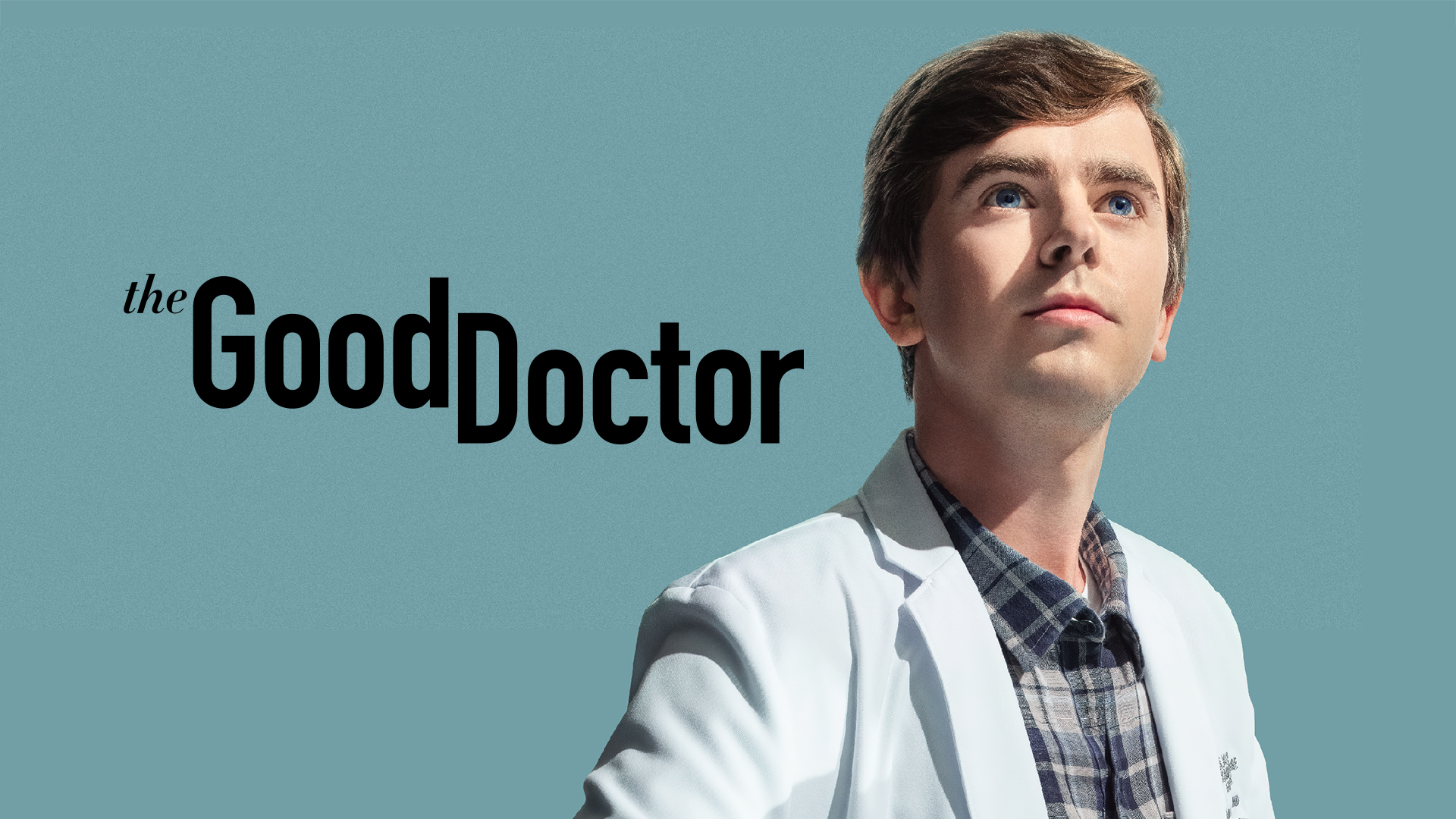zoomacademia.com – The Good Doctor is a medical drama that has captured the hearts and minds of audiences worldwide since its debut on ABC in 2017. Created by David Shore, the mastermind behind House, the show combines medical mystery with emotional storytelling, featuring a lead character who challenges the traditional notion of what it means to be a doctor.
At its core, The Good Doctor is about Dr. Shaun Murphy (played by Freddie Highmore), a brilliant young surgeon with autism and savant syndrome, navigating the challenges of both his medical career and personal life. The show is a groundbreaking exploration of the intersection between disability and excellence, and it has sparked important conversations about inclusion, diversity, and the complexities of the human condition.
Plot and Premise
Dr. Shaun Murphy’s journey begins when he leaves his quiet, rural life in the small town of Casper, Wyoming, to pursue his dream of becoming a surgeon at the prestigious San Jose St. Bonaventure Hospital. Although Shaun is an exceptionally gifted doctor, his condition makes him a difficult fit in the high-pressure environment of a hospital. His lack of social skills, inability to read social cues, and struggles with emotional connections initially alienate his colleagues and superiors.
Despite these challenges, Shaun’s exceptional medical abilities—his photographic memory, precise attention to detail, and his unique way of processing complex medical problems—earn him the respect of some and make him an invaluable asset to the surgical team. Over time, he learns to build relationships with his peers, including his mentor, Dr. Aaron Glassman (played by Richard Schiff), and his love interest, Dr. Lea Dilallo (Paige Spara).
The show explores Shaun’s journey of self-discovery, his ongoing battle to be recognized for his talents rather than be defined by his disability, and his struggle to gain acceptance in an environment that initially sees him as “different.”
Representation and Authenticity
One of the most significant aspects of The Good Doctor is its portrayal of autism spectrum disorder (ASD). Shaun’s character is not simply a plot device or a stereotype; he is a complex, fully realized individual with both strengths and weaknesses. His condition is treated with nuance and sensitivity, avoiding the typical tropes often seen in media representations of autism.
The show has received praise for its commitment to accurate representation, with critics and viewers applauding Freddie Highmore’s portrayal of Shaun. Highmore, who is neurotypical, worked closely with autism advocates and consulted with experts to ensure that his performance was as authentic as possible. His portrayal avoids caricature, showing Shaun as a fully human character who is more than his diagnosis.
Additionally, the show addresses various aspects of autism that are often overlooked in mainstream media, such as the emotional challenges faced by individuals on the spectrum, the importance of family support, and the complexities of relationships. By placing a neurodivergent character at the center of a medical drama, The Good Doctor has opened doors for greater understanding and acceptance of those with ASD.
Key Characters and Relationships
While the series revolves around Shaun, it also features a diverse array of supporting characters who help develop the broader narrative of the show. These characters include:
- Dr. Aaron Glassman (Richard Schiff): Shaun’s mentor and father figure, Glassman is an experienced surgeon who believes in Shaun’s potential even when others do not. Their relationship is central to the series, serving as both a professional and emotional anchor for Shaun.
- Dr. Claire Browne (Antonia Thomas): A fellow surgeon at St. Bonaventure, Claire is one of Shaun’s closest friends and allies. She acts as both a colleague and emotional support system, often helping Shaun navigate his personal and professional challenges.
- Dr. Neil Melendez (Nicholas Gonzalez): A skilled surgeon and one of Shaun’s colleagues, Melendez initially challenges Shaun’s place in the hospital but later becomes one of his strongest advocates. Their relationship is complex, evolving from professional skepticism to mutual respect.
- Lea Dilallo (Paige Spara): Lea is Shaun’s romantic interest, and their relationship plays a significant role in his personal growth. As a character, Lea is a loving and empathetic presence who helps Shaun open up emotionally.
The relationships between Shaun and these characters form the emotional backbone of the show. The series doesn’t shy away from exploring the difficulties and nuances of personal connections, whether it’s friendship, mentorship, or romance. Through these relationships, the show highlights themes of empathy, resilience, and the importance of human connection, especially for individuals who are often marginalized or misunderstood.
Medical Cases and Drama
While The Good Doctor certainly focuses on Shaun’s personal growth, it also delivers the compelling medical drama that fans of the genre expect. Each episode features complex medical cases that require the team’s expertise to solve. The medical stories are often high-stakes, with patients facing life-or-death situations, making for intense, emotionally charged episodes.
These cases not only allow the doctors to demonstrate their skills but also provide an opportunity to showcase Shaun’s unique approach to problem-solving. His savant abilities often enable him to identify diagnoses and solutions that others overlook, proving that different perspectives can lead to breakthroughs in medicine.
In addition to the medical cases, the show also delves into the ethical dilemmas faced by doctors, the pressures of hospital life, and the challenges of making difficult decisions in the face of limited resources. The hospital setting provides a constant backdrop for the emotional and professional growth of the characters, making The Good Doctor a compelling blend of medical intrigue and character-driven drama.
Themes of Acceptance and Diversity
One of the show’s overarching themes is the challenge of acceptance—both for individuals who are “different” and for those who are struggling to accept change. Shaun’s journey is one of overcoming prejudice and proving his worth, but the show also explores how society at large can struggle with embracing diversity. In Shaun’s case, his autism is often viewed as a barrier, both by his colleagues and by himself. However, as the series progresses, it becomes clear that these perceived limitations are part of what make him such an extraordinary doctor.
In addition to autism, the show touches on other forms of diversity, including gender, race, and class, giving voice to a range of experiences and struggles within the medical field. The narrative pushes viewers to reconsider their assumptions about what it means to be “normal” or “successful.”
Critical Reception and Legacy
The Good Doctor has been met with largely positive reviews, with particular praise for its heartfelt performances, sensitive handling of autism, and ability to balance medical drama with emotional depth. Freddie Highmore’s portrayal of Shaun has been widely lauded, earning him several award nominations. The show’s success has also led to multiple seasons, further exploring the complexities of Shaun’s life and career.
In terms of its impact, The Good Doctor has been instrumental in shifting public perceptions of autism and neurodiversity. The show has sparked conversations about the need for more inclusive representation in the media, especially in genres like medical drama, which have traditionally been dominated by characters who conform to societal expectations of normalcy.
Conclusion
The Good Doctor stands out as a refreshing and important addition to the medical drama genre. By centering on a protagonist with autism, it challenges the status quo and provides a platform for exploring themes of inclusion, empathy, and resilience. Through Shaun’s story, the series offers a nuanced portrayal of what it means to be different, and ultimately, what it means to be human. With its compelling characters, emotional depth, and thoughtful handling of complex social issues, The Good Doctor continues to be a series that resonates with audiences around the world, reminding us all of the power of diversity and the importance of understanding and acceptance.










